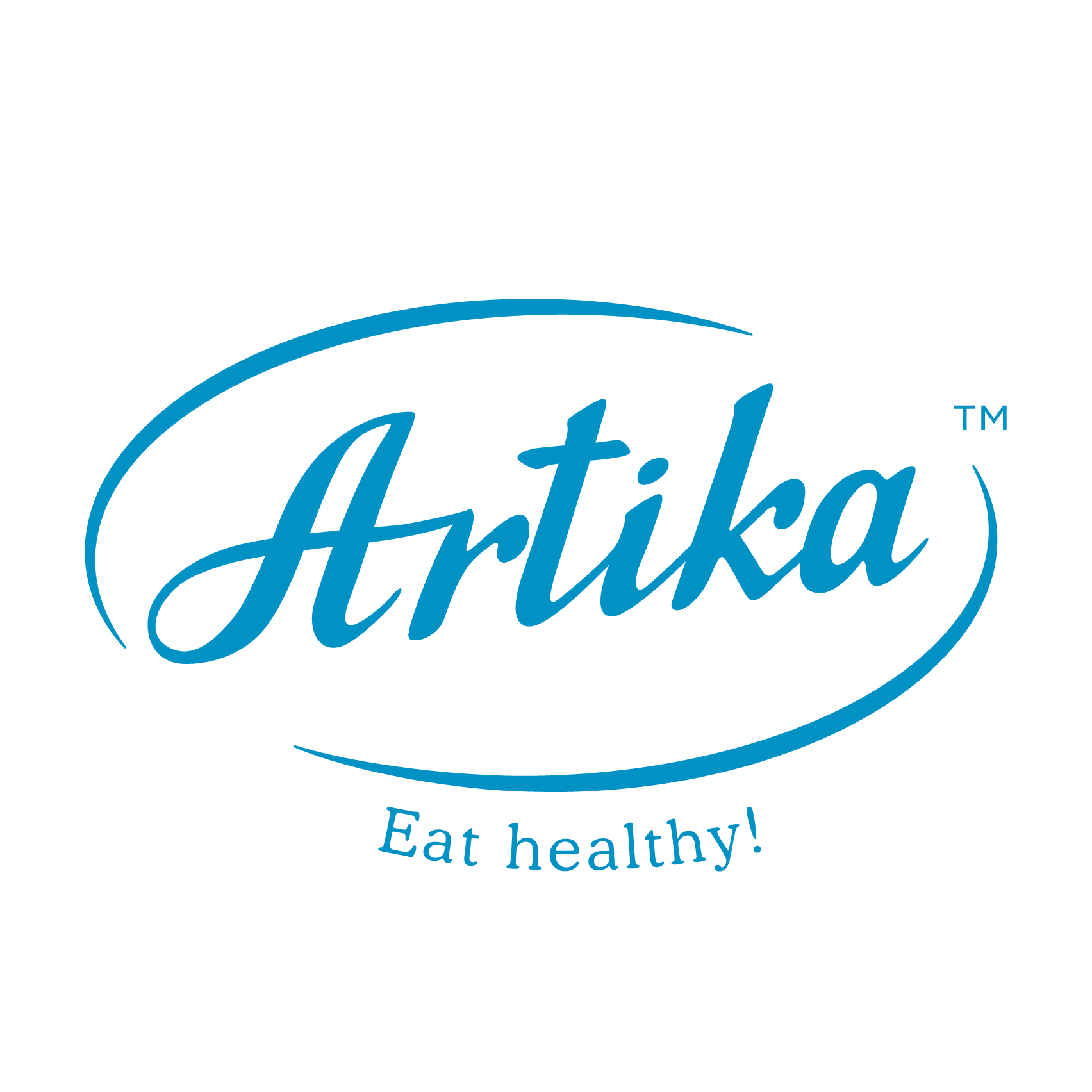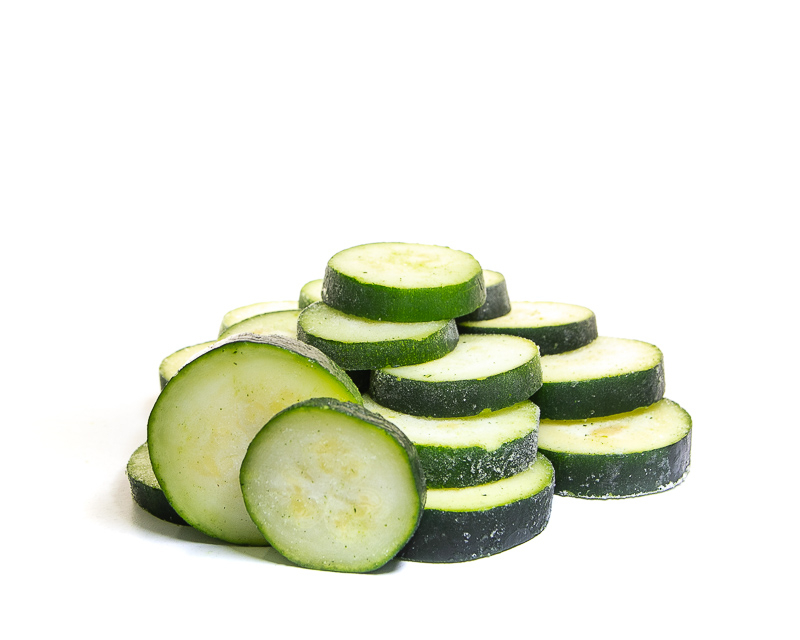Onion
类似的产品


玉米芯
速冻天然产品。
储存条件:储存温度小于-18°С,相对湿度不超过95%。
保质期:自生产之日起 24 个月。
玉米(玉米)的特点是碳水化合物含量高,每 100 克产品的热量含量为 116 千卡。 100 克煮熟的玉米含有 123 千卡热量,100 克罐装玉米含有 119 千卡热量。 适量食用该产品,身体会获得大量有益的营养,而不会对姿势造成伤害。 科学家们得出的结论是,经常食用玉米可以降低患脑中风、糖尿病和心血管疾病的风险; 因为人体获得了足够量的玉米中所含的膳食纤维、纤维素、钾、镁、磷、维生素E等营养成分,从而促进所有代谢过程。 这些特性导致整体健康和免疫系统的改善。


用于烤架的切碎玉米棒
速冻天然产品。
储存条件:储存温度小于-18°С,相对湿度不超过95%。
保质期:自生产之日起 24 个月。
玉米(玉米)的特点是碳水化合物含量高,每 100 克产品的热量含量为 93千卡。 100 克煮熟的玉米含有 123 千卡热量,100 克罐装玉米含有 119 千卡热量。 适量食用该产品,身体会获得大量有益的营养,而不会对姿势造成伤害。 科学家们得出的结论是,经常食用玉米可以降低患脑中风、糖尿病和心血管疾病的风险; 因为人体获得了足够量的玉米中所含的膳食纤维、纤维素、钾、镁、磷、维生素E等营养成分,从而促进所有代谢过程。 这些特性导致整体健康和免疫系统的改善。

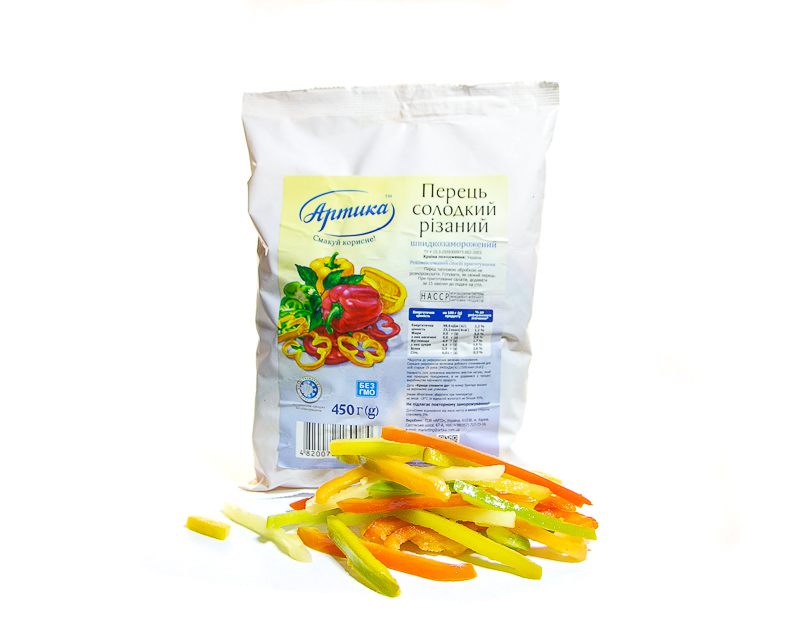
甜椒切成条状“TRIO”
速冻天然产品。
储存条件:储存温度小于-18°С,相对湿度不超过95%。
保质期:自生产之日起 24 个月。
甜椒含有维生素C、B1、B2、B9、P、PP和胡萝卜素;因此,强烈建议患有抑郁症、糖尿病以及记忆障碍、失眠、精力不足或精疲力竭的人在饮食中加入胡椒。以维生素C(抗坏血酸)的含量来说,胡椒胜过柠檬和黑醋栗。甜椒里抗坏血酸与大量的维生素P结合,这种结合力促进血管的强化,降低血管壁的通透性。患有贫血症、免疫力低下、早秃、骨质疏松症的人不可缺少辣椒。甜椒对患有血液病、牙龈出血、贫血、血管变脆的人有益。它刺激胃液的分泌,消化;改善肠胃蠕动;镇静神经系统,有助于应对咳嗽。在贫血、胃炎、便秘、痉挛、肠绞痛的情况下,建议在口粮中加入甜椒;以及出汗过多的情况。

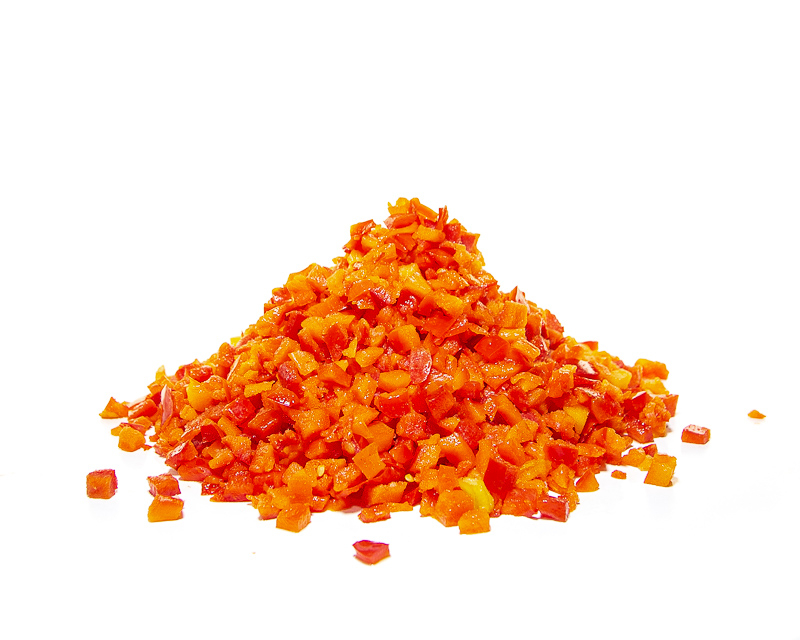
甜红椒切成方块
速冻天然产品。
储存条件:储存温度小于-18°С,相对湿度不超过95%。
保质期:自生产之日起 24 个月。
甜椒含有维生素C、B1、B2、B9、P、PP和胡萝卜素;因此,强烈建议患有抑郁症、糖尿病以及记忆障碍、失眠、精力不足或精疲力竭的人在饮食中加入胡椒。以维生素C(抗坏血酸)的含量来说,胡椒胜过柠檬和黑醋栗。甜椒里抗坏血酸与大量的维生素P结合,这种结合力促进血管的强化,降低血管壁的通透性。患有贫血症、免疫力低下、早秃、骨质疏松症的人不可缺少辣椒。甜椒对患有血液病、牙龈出血、贫血、血管变脆的人有益。它刺激胃液的分泌,消化;改善肠胃蠕动;镇静神经系统,有助于应对咳嗽。在贫血、胃炎、便秘、痉挛、肠绞痛的情况下,建议在口粮中加入甜椒;以及出汗过多的情况。

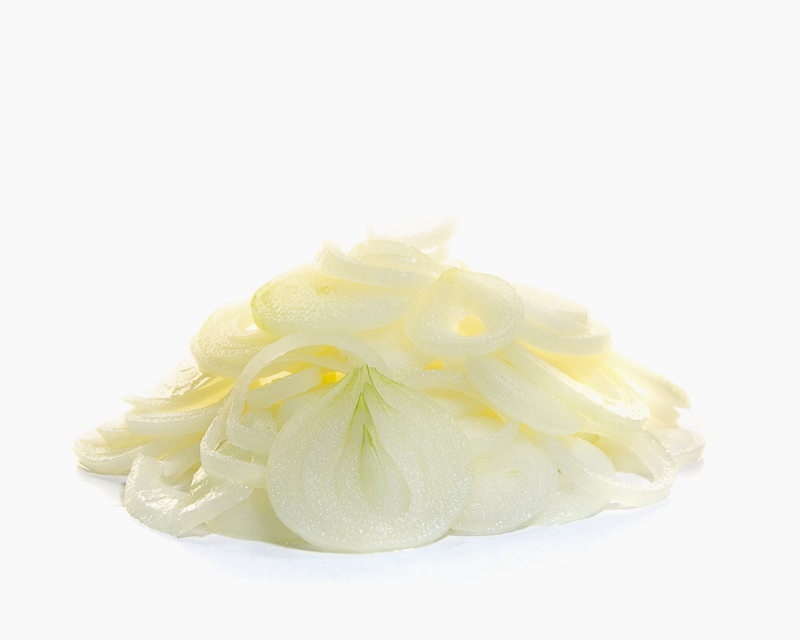
洋葱切圈
速冻天然产品。
储存条件:储存温度小于-18°С。
保质期:自生产之日起 24 个月。
洋葱在非常古老的时代(公元前 4000 多年)开始种植。 洋葱从中亚通过伊朗来到埃及,在那里它在尼罗河谷的大片地区种植。 公元前几个世纪,洋葱在古希腊种植,当时已经知道了几个品种。 然后洋葱在罗马流行起来,然后才到了西欧,在那里传播开来并在烹饪洋葱变了非常流行。

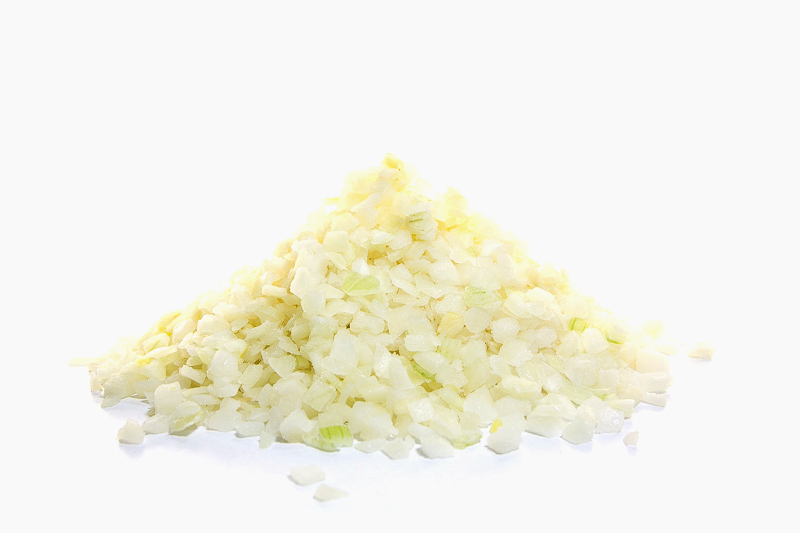
洋葱切成方块
速冻天然产品。
储存条件:储存温度小于-18°С。
保质期:自生产之日起 24 个月。
洋葱在非常古老的时代(公元前 4000 多年)开始种植。 洋葱从中亚通过伊朗来到埃及,在那里它在尼罗河谷的大片地区种植。 公元前几个世纪,洋葱在古希腊种植,当时已经知道了几个品种。 然后洋葱在罗马流行起来,然后才到了西欧,在那里传播开来并在烹饪洋葱变了非常流行。

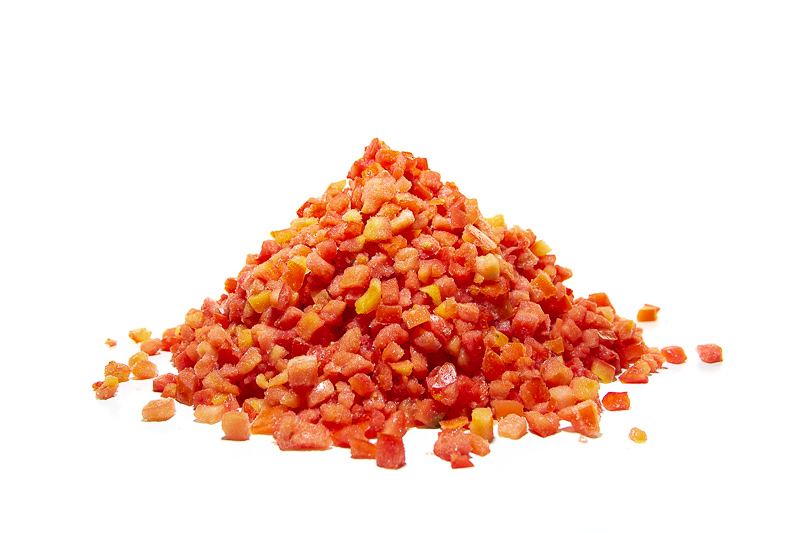
番茄切块
速冻天然产品。
储存条件:储存温度小于-18°С,相对湿度不超过95%。
保质期:自生产之日起 24 个月。
西红柿富含钾和钙。 这种微量元素参与体内液体的代谢,并负责神经系统、心脏和肌肉的健康。 由于存在水和许多矿物质,建议将番茄作为在脱水期间恢复体内正常液体量的一种手段。西红柿富含维生素 A 和维生素 C,维生素 A 和维生素 C 被认为是帮助清洁身体的重要成分。 维生素 A 于 1913 年首次发现,有助于细胞生长过程,增强免疫系统,对眼睛至关重要。 维生素 C 是一种强大的抗氧化剂,因为它参与从自由基中解放出来的过程,不仅是来自外部的自由基,还有身体自身产生的自由基。 事实证明,这种维生素可以清洁身体。

